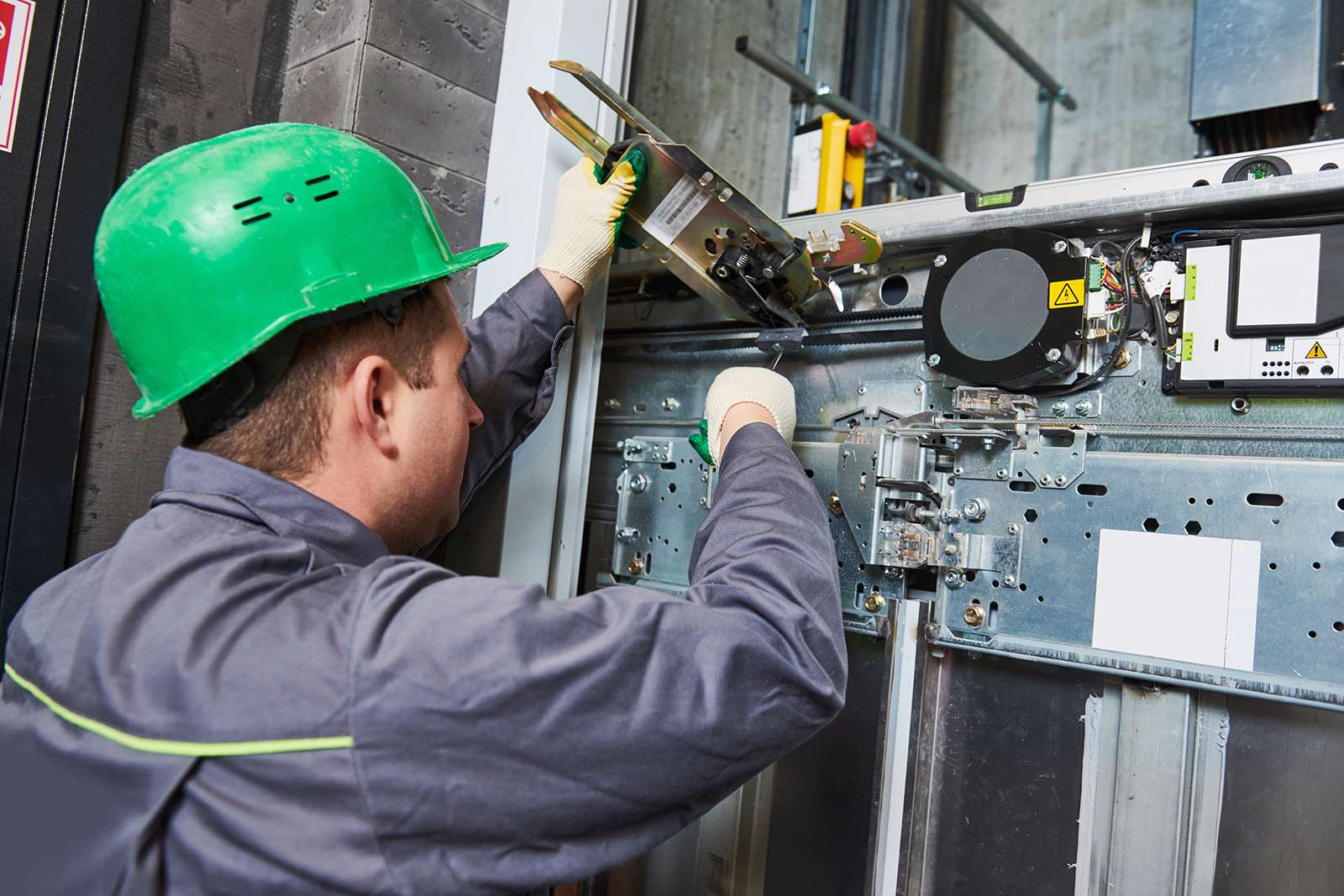
Elevators are a crucial part of our daily lives, providing convenience and accessibility in various buildings. However, like any mechanical system, elevators require regular maintenance to ensure they function smoothly and safely. Ignoring signs of wear and tear can lead to potential hazards and disruptions. In this article, we’ll explore the top 10 signs that your elevator may need repair.
Unusual Noises
Elevators are designed to operate quietly. If you notice unusual sounds such as grinding, clunking, or squeaking, it could be a sign of mechanical issues. These noises may indicate problems with the pulley system, cables, or other crucial components. Regular inspections by a qualified technician can help identify and address these issues before they escalate.
Slow or Inconsistent Movement
Elevators should move swiftly and consistently between floors. If you experience delays or notice the elevator moving unevenly, it may be a sign of a malfunctioning motor, worn-out cables, or problems with the control system. Slow or inconsistent movement can lead to inconvenience for building occupants and should be addressed promptly.
Door Issues
Problems with elevator doors pose a significant safety concern. If you notice doors closing too quickly, reopening unexpectedly, or getting stuck, it’s crucial to address these issues promptly. Malfunctioning doors can lead to accidents, trapping passengers or causing injuries. Regular maintenance can prevent door-related problems and ensure smooth and secure operation.
Jerky Stops and Starts
Smooth stops and starts are essential for a comfortable elevator ride. Jerky movements can be indicative of issues with the braking system, traction, or other mechanical components. Elevator passengers should not feel sudden jolts when the elevator starts or stops. Regular maintenance can identify and rectify these problems to ensure a safe and comfortable ride.
Indicator Lights and Display Issues
The elevator’s control panel and indicator lights play a crucial role in communicating information to passengers. If you notice flickering lights, error messages, or inaccurate floor indications, it’s a sign that the control system may be malfunctioning. A malfunctioning display can lead to confusion and compromise passenger safety. Prompt attention to these issues is necessary to prevent potential accidents.

Foul Odors
Unpleasant smells inside an elevator can be indicative of a variety of issues. It may suggest problems with the ventilation system, electrical components, or even the presence of pests. Foul odors not only affect the passenger experience but may also indicate underlying issues that require immediate attention. Regular cleaning and maintenance can address these concerns and ensure a pleasant environment.
Leaks or Water Damage
Water damage poses a serious threat to the structural integrity of an elevator system. Leaks can occur due to a variety of reasons, including faulty seals, pipe issues, or roof leaks in the building. Water damage can lead to rust, corrosion, and electrical problems. Regular inspections can identify and repair leaks before they escalate and cause extensive damage.
Overheating or Burning Smells
If you detect overheating or burning smells inside or near the elevator, it’s a cause for immediate concern. These odors may indicate problems with the motor, electrical wiring, or other components. Ignoring such signs can lead to electrical fires, posing a significant risk to both the elevator and the building. Elevator systems should be shut down immediately, and a qualified technician should inspect and address the issue.
Code Compliance Concerns
Elevator systems must comply with safety codes and regulations to ensure the well-being of passengers. If your elevator is outdated and does not meet current safety standards, it may be time for an upgrade or modernization. Non-compliance can lead to fines, legal issues, and, most importantly, compromise the safety of occupants. Regular assessments can help identify code compliance concerns and prompt necessary upgrades.
Age of the Elevator
Like any machinery, elevators have a lifespan. If your elevator is approaching or has exceeded its expected lifespan, it may be prone to frequent breakdowns and safety issues. Older elevators may lack modern safety features and energy efficiency. Considering an upgrade or replacement can enhance safety, reliability, and overall performance.
Regular maintenance and timely repairs are crucial for ensuring the safety and efficiency of elevator systems. Ignoring signs of wear and tear can lead to inconvenience, safety hazards, and costly repairs. Building owners and managers should prioritize elevator maintenance and seek the expertise of the qualified technicians at March Elevator Ltd. to address issues promptly. By staying vigilant and addressing these top 10 signs, you can ensure that your elevator continues to provide a safe and reliable means of vertical transportation for years to come.
